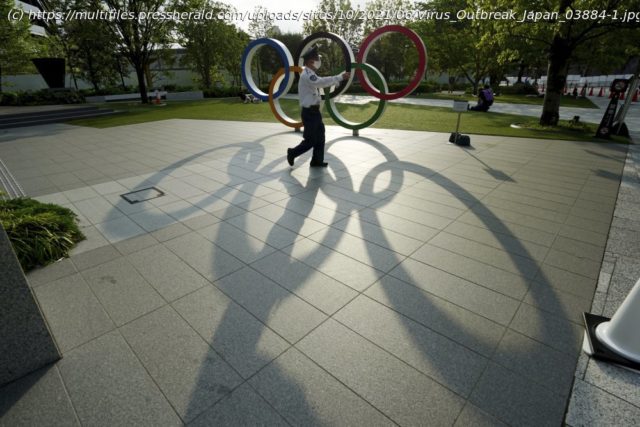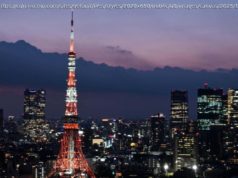The Olympics risk becoming an incubator for ‘a Tokyo variant,’ a doctor warns.
TOKYO — It may be too little, too late. That’s the realization sinking in as Japan scrambles to catch up on a frustratingly slow vaccination drive less than two months before the Summer Olympics, delayed by a year because of the coronavirus pandemic, are scheduled to start. The Olympics risk becoming an incubator for “a Tokyo variant,” as 15,000 foreign athletes and tens of thousands officials, sponsors and journalists from about 200 countries descend on – and potentially mix with – a largely unvaccinated Japanese population, said Dr. Naoto Ueyama, a physician, head of the Japan Doctors Union. With infections in Tokyo and other heavily populated areas currently at high levels and hospitals already under strain treating serious cases despite a state of emergency, experts have warned there is little slack in the system. Even if the country succeeds in meeting its goal of fully vaccinating all 36 million elderly by the end of July – already a week into the Games – about 70 percent of the population would not be inoculated. And many have dismissed the target as overly optimistic anyway. To meet it, Japan is vowing to soon start administering 1 million doses daily. It currently is only giving 500,000 per day, already a big improvement after Prime Minister Yoshihide Suga called on military doctors and nurses and started making legal exceptions to recruit other vaccinators in order to boost the drive. “Vaccinations under the current pace are not going to help prevent infections during the Olympics,” Tokyo Medical Association Chairman Haruo Ozaki said. “The Olympics can trigger a global spread of different variants of the virus.” The International Olympic Committee says more than 80 percent of athletes and staff staying in the Olympic Village on Tokyo Bay will be vaccinated – and they are expected to remain largely in a bubble at the village and venues. On Tuesday, Japan started vaccinating athletes who will go to the Games, the Japanese Olympic Committee said. But vaccination rates are not clear for others involved in the Games who are coming from abroad, including hard-hit regions, and experts warn that even strict rules won’t prevent all mingling, especially among non-athletes. Spectators from overseas have been barred. Prominent medical journals have questioned the wisdom of pushing ahead with the Tokyo Games and the Asahi Shimbun – the country’s second-largest newspaper – has called for them to be canceled, reflecting widespread opposition to holding the Olympics now among the Japanese population.






